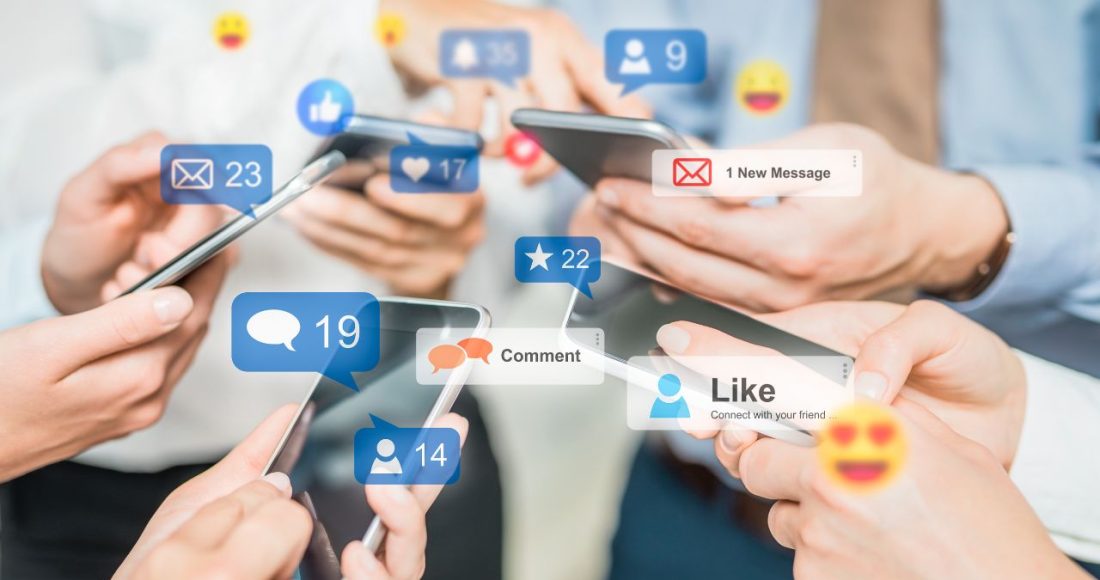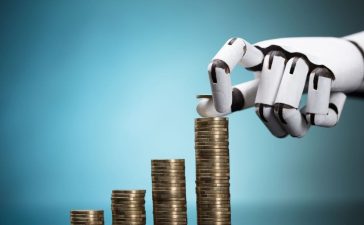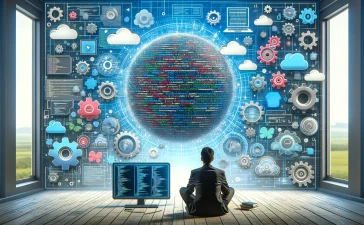Society is constantly evolving. From cultural norms and values to the technologies that shape our daily lives, modern society looks vastly different than it did even a decade ago. These changes—driven by innovation, globalization, social movements, and shifting lifestyles—are influencing how people connect, work, communicate, and view their place in the world. Today’s society is dynamic, diverse, and increasingly interconnected, but it also faces complex challenges that demand new approaches and collective understanding.
This article explores the key forces reshaping modern society, the opportunities emerging from these changes, and the societal trends that will likely define the years ahead.
The Digital Transformation of Daily Life
Technology is one of the biggest influences on society today. It affects how we work, learn, communicate, and even think.
1. Communication in the Digital Age
Digital communication—social media, messaging apps, video calls—has transformed how people interact. Communication has become faster, more global, and more accessible.
Benefits include:
-
Keeping relationships strong despite distance
-
Access to global conversations
-
Opportunities for marginalized voices to be heard
However, challenges such as misinformation, cyberbullying, and reduced face-to-face interaction highlight the importance of digital literacy.
2. The Rise of Remote Work
Work-from-home culture has shifted societal expectations. Flexibility, better work-life balance, and reduced commuting are major advantages. But isolation, blurred boundaries, and unequal access to remote opportunities also affect social dynamics.
3. The Technology Divide
While technology connects many, it also highlights inequalities between those with access and those without. Bridging this digital divide is essential for building a fairer society.
Cultural Diversity in a Globalized World
Globalization has made societies more diverse than ever before. Movement of people, ideas, and cultures across borders enriches communities and broadens perspectives.
1. Cultural Exchange and Integration
Exposure to different cultures—through travel, education, entertainment, and migration—promotes understanding and acceptance. Food, fashion, music, and traditions now blend in exciting new ways.
2. Challenges of Multicultural Societies
While diversity brings richness, it can also create tension when groups struggle to understand or accept differences. Effective integration requires:
-
Inclusive policies
-
Education on cultural awareness
-
Open dialogue
Successful multicultural societies embrace unity without demanding uniformity.
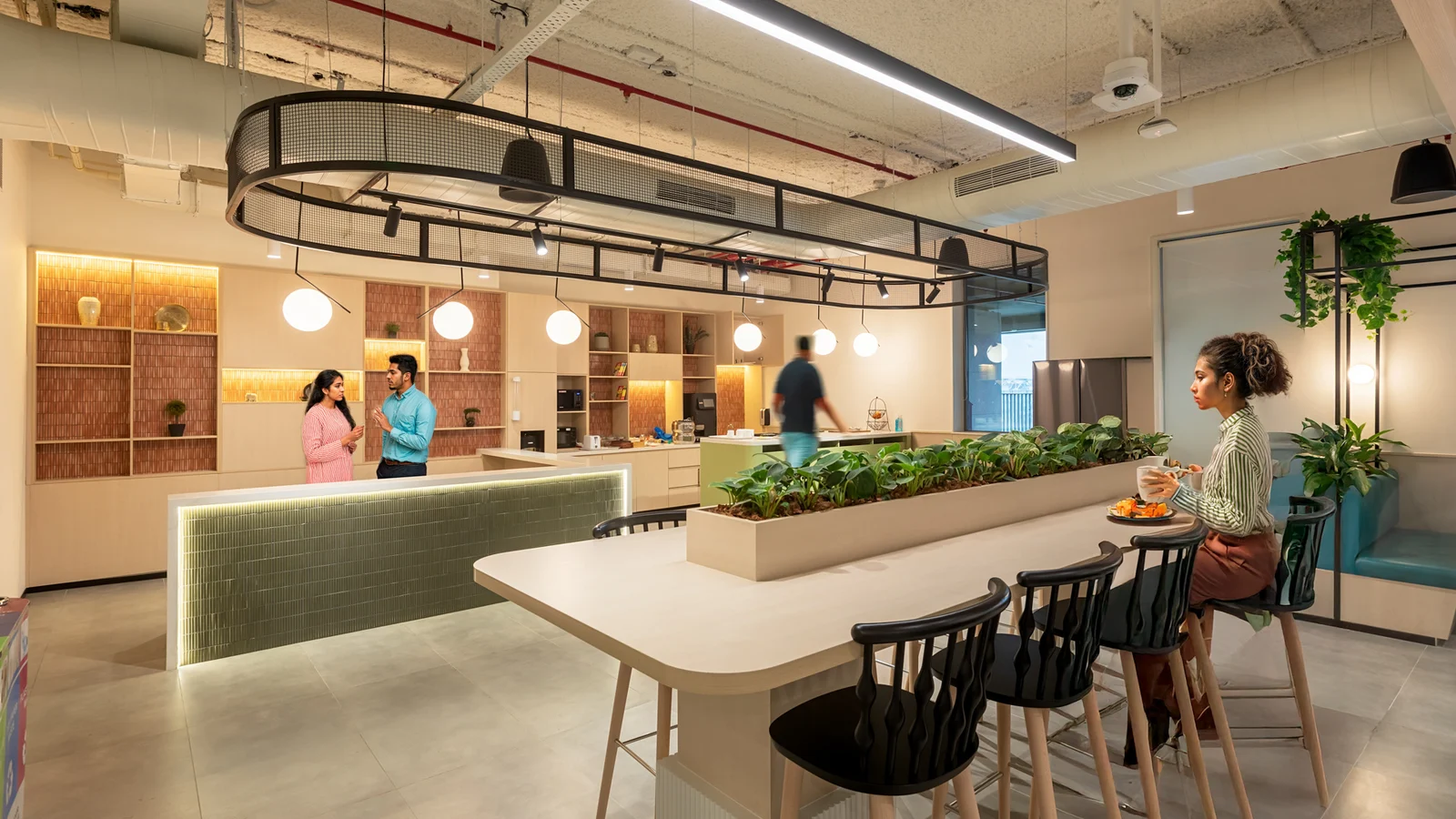
Shifting Social Values and Norms
Modern societies have seen significant changes in values, beliefs, and expectations. These shifts influence everything from family dynamics to political views.
1. Individualism and Personal Identity
Today’s society encourages self-expression and individuality. People feel more empowered to define their identity, beliefs, and lifestyle choices.
This empowers:
-
Creative expression
-
Personal freedom
-
Mental well-being
However, strong individualism can also weaken community bonds if not balanced with collective responsibility.
2. Changing Family Structures
Traditional family roles are evolving. Modern families may include single parents, blended households, same-sex couples, or chosen families made up of close friends. Society is gradually embracing diverse family models.
3. Gender Equality and Social Inclusion
Movements advocating for women’s rights, LGBTQ+ inclusion, disability rights, and racial equality have reshaped societal norms. These movements aim to create more inclusive, respectful communities where everyone has the opportunity to thrive.
Mental Health Awareness and Social Well-Being
Today’s society is more vocal than ever about mental health. The fast pace of modern life, combined with increased pressure to succeed, has led to rising stress, anxiety, and burnout rates.
1. Breaking the Stigma
Open discussions about mental health have helped normalize seeking help. Celebrities, influencers, and professionals have contributed to this cultural shift.
2. The Stress of Modern Living
Common stressors include:
-
Financial pressures
-
Technology overload
-
Social comparison
-
Uncertain economic conditions
As awareness grows, society is shifting toward wellness practices such as mindfulness, therapy, work-life balance strategies, and digital detoxes.
Economic Inequality and Social Mobility
Economic inequality remains one of society’s greatest challenges. While innovation has created new industries and wealth opportunities, not everyone benefits equally.
1. Widening Wealth Gap
Rising living costs, stagnant wages in some sectors, and unequal access to education or resources widen the gap between socioeconomic groups.
2. The Importance of Social Mobility
A healthy society offers the chance for individuals to improve their circumstances. Education, community programs, and equitable job opportunities play a crucial role in creating upward mobility.
3. Community Support Systems
Strong support systems—such as public healthcare, affordable housing, and community centers—help reduce inequality and strengthen society.
The Role of Education in Modern Society
Education is becoming more than academic learning; it is a foundation for personal growth, career development, and social responsibility.
1. Lifelong Learning
With rapid technological advancements, learning no longer ends in school. People now need ongoing skills training to keep up with evolving careers.
2. Shifting Educational Models
Online learning, skill-based programs, and alternative education methods offer flexibility and accessibility that traditional systems sometimes lack.
3. Teaching Social Responsibility
Modern education increasingly focuses on empathy, environmental awareness, and ethical behavior—skills needed to navigate today’s complex social landscape.
Environmental Awareness and Sustainable Living
Environmental concerns are changing how society functions. Climate change, pollution, and resource scarcity have sparked worldwide activism.
1. Responsible Consumption
People are adopting sustainable habits, such as:
-
Reducing waste
-
Choosing eco-friendly products
-
Supporting ethical brands
2. Community-Based Sustainability
Local initiatives—community gardens, recycling programs, clean-up events—bring people together to work toward a healthier planet.
3. Youth Activism
Younger generations are at the forefront of environmental movements, influencing governments and corporations to adopt greener policies.
The Power of Community in a Digital World
Even in an increasingly digital age, community remains the core of society.
1. Rebuilding Local Connections
People are rediscovering the value of:
-
Neighborhood support
-
Local businesses
-
Face-to-face interaction
Communities thrive when people work together, share experiences, and create safe, inclusive spaces.
2. Digital Communities
Online communities also provide connection, support, and shared identity. These can be powerful for people with niche interests or those lacking local support.
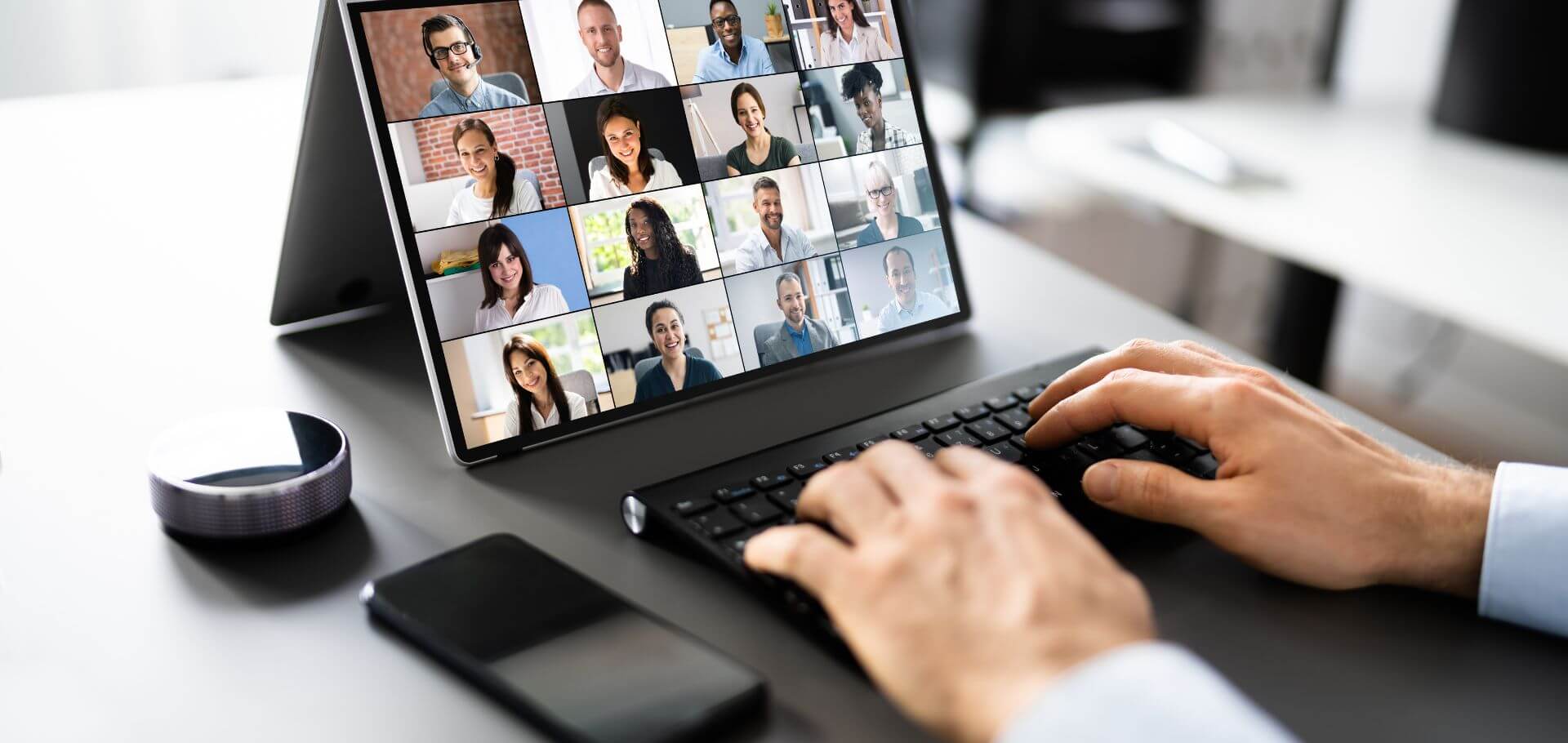
Conclusion: Society in Transition
Modern society is a blend of innovation, diversity, and transformation. While technology connects us, cultural shifts reshape our values, and globalization broadens our perspectives, we also face challenges that require collective effort. Economic inequality, mental health pressures, environmental concerns, and digital divides demand thoughtful solutions rooted in empathy and cooperation.
As society continues to evolve, one constant remains: people thrive when they feel connected, supported, and understood. By embracing change while preserving core human values—community, respect, inclusion, and compassion—we can build a healthier, more balanced, and more resilient society for generations to come.

